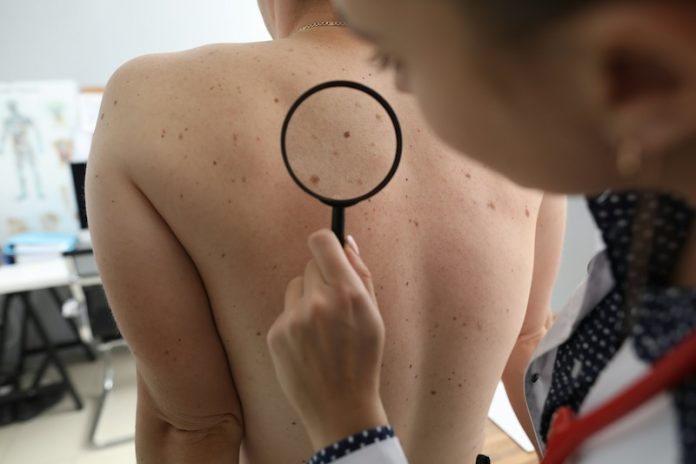
High blood pressure, also known as hypertension, is a common condition that affects over a third of Australian adults aged 18 and older. If not properly managed, it can lead to severe health issues such as heart disease and stroke.
To control hypertension, doctors often prescribe medications like hydrochlorothiazide, one of the most commonly used drugs in Australia. However, a recent study from UNSW Sydney has highlighted a potential risk associated with this medication: an increased chance of developing skin cancer in older adults.
This connection is particularly concerning because hydrochlorothiazide can make the skin more sensitive to sunlight, increasing vulnerability to sun damage.
The study analyzed data provided by the Department of Veterans’ Affairs (DVA), which included anonymized information about cancer cases, hospital visits, and medication use among healthcare cardholders aged 65 and older in New South Wales.
The research covered the period between 2004 and 2015. The team compared hydrochlorothiazide use among individuals diagnosed with skin cancers—45 cases of lip cancer and 659 cases of malignant melanoma—with those who had no such diagnoses, a group of 13,300 controls.
The findings revealed that people taking hydrochlorothiazide faced a higher risk of developing both malignant melanoma and squamous cell lip cancer. Furthermore, the risk of lip cancer increased with prolonged use of the drug, meaning the longer someone took the medication, the greater their chance of developing this type of cancer.
Despite these findings, the researchers caution against abruptly stopping the use of hydrochlorothiazide. Managing high blood pressure is critical, and sudden changes in medication without medical guidance can be dangerous.
Instead, the study suggests that healthcare providers should be aware of this newly identified risk and take steps to protect their patients. This might include more frequent skin checks and encouraging sun protection habits such as wearing sunscreen, protective clothing, and avoiding the sun during peak UV hours.
To ensure healthcare professionals are informed, the prescribing information for hydrochlorothiazide has been updated to include this potential skin cancer risk. This adjustment aims to improve awareness and encourage safer management of high blood pressure while minimizing additional health risks.
The findings support earlier international studies that reported similar associations between hydrochlorothiazide and skin cancer. They emphasize the importance of balancing the benefits of controlling blood pressure with the potential side effects of long-term medication use.
For patients, these results serve as a reminder to stay vigilant about sun safety, particularly if taking medications that increase sun sensitivity.
This research, led by Dr. Benjamin Daniels and his team, was published in the journal Basic & Clinical Pharmacology & Toxicology. It adds valuable insights to the growing understanding of how commonly prescribed drugs can affect overall health.
While managing chronic conditions like hypertension remains a top priority, this study highlights the importance of considering all aspects of a patient’s health, including their risk of developing other conditions.
If you care about high blood pressure, please read studies about unhealthy habits that may increase high blood pressure risk, and drinking green tea could help lower blood pressure.
For more information about high blood pressure, please see recent studies about what to eat or to avoid for high blood pressure, and 12 foods that lower blood pressure.
Copyright © 2025 Knowridge Science Report. All rights reserved.



